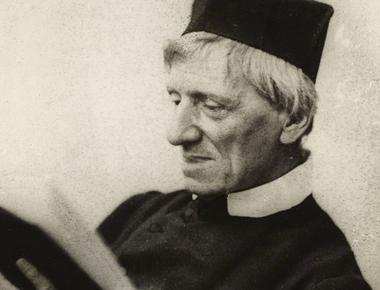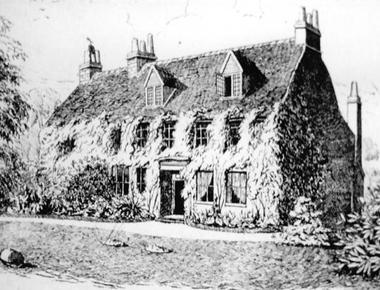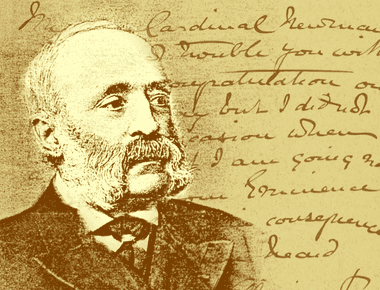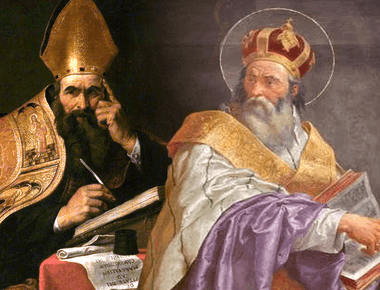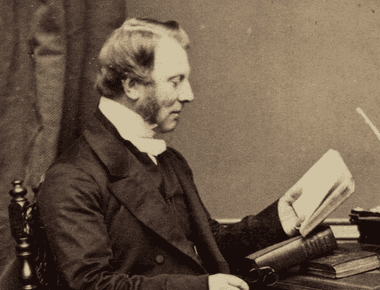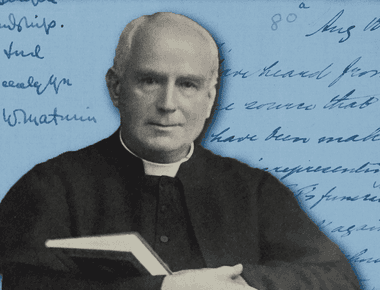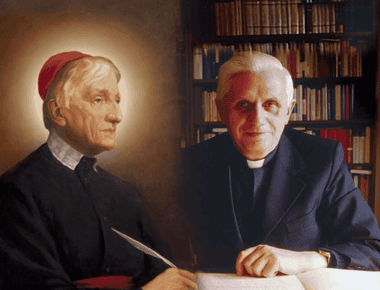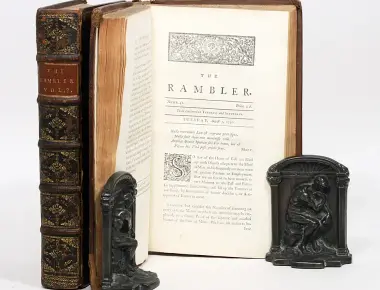
During my internship for NINS, I took great pleasure in reading the letters of Richard Simpson, a former Anglican priest numbered among the prominent Catholic converts of the time. He was most known for his involvement in the Liberal Catholic movement through the Rambler, a periodical which served to allow the prominent lay converts of the time to express their views to the masses. We currently have a total of 64 letters penned by Richard Simpson in the Digital Collections, of which most were directed to St. John Henry Newman. Despite their often-mundane nature (as is often the case with historical letters), they provide a window into the man Richard Simpson, as well as into the unfolding of the Rambler situation in 1859 as it suffered attacks by the English Bishops.



